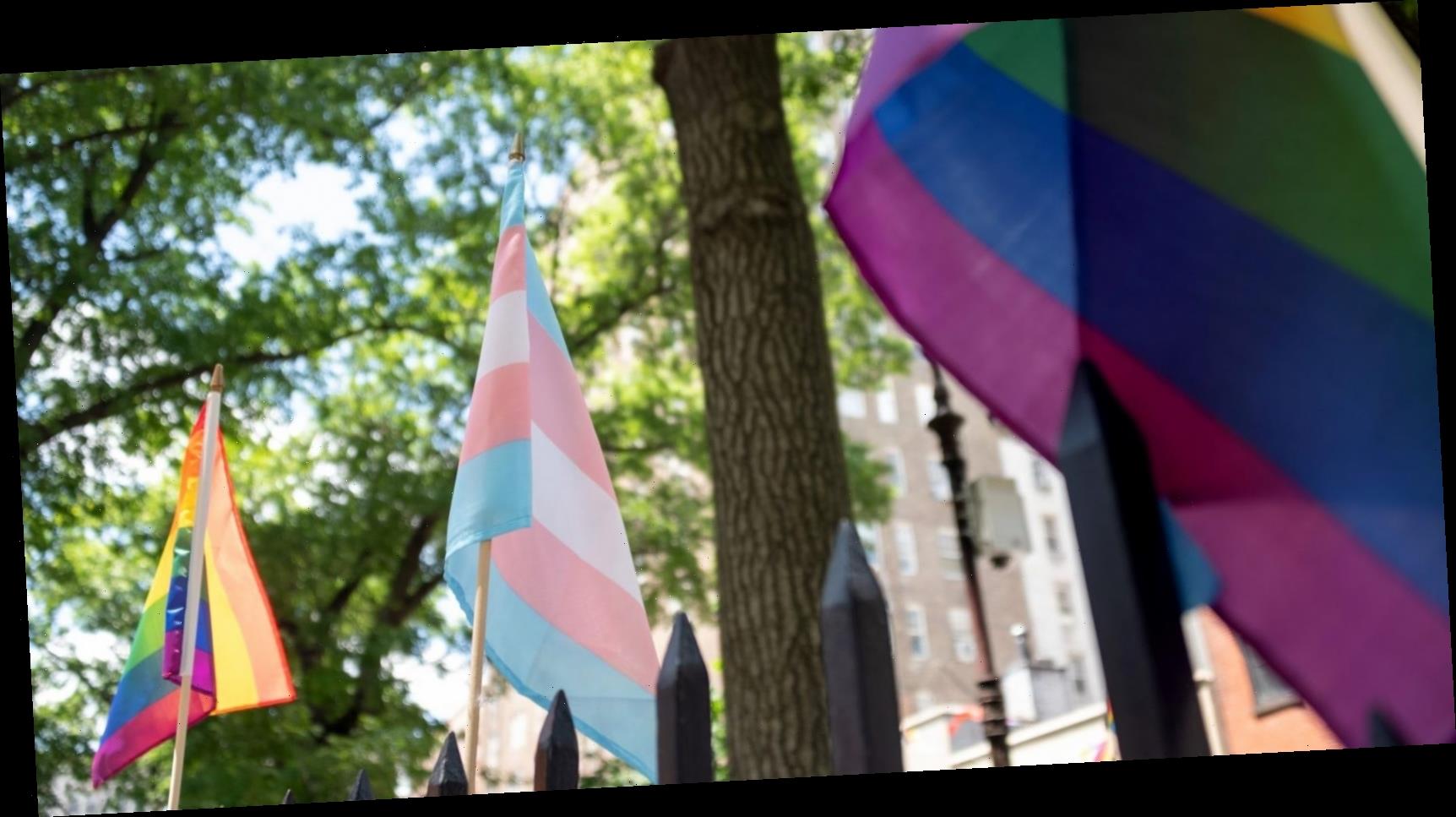A further inquiry into trans rights in the UK has been launched by a government committee, and it’s a real cause for concern.
The first public consultation into the Gender Recognition Act (a piece of legislation which dictates the processes by which transgender people can legally change their gender on their birth certificate) was launched by the UK government in October 2018. After repeated delays, the government finally responded on 22 September, 2020.
In that time, the conversation around trans rights became downright hostile, with a number of national newspapers, trans-exclusionary feminist groups, and individuals on social media pushing back against the existing rights transgender people in this country have. The outcome, though, was that the requirements necessary for a person to change their gender would remain largely the same, with the only key tangible changes really being that the application was moved online and the fee reduced.
While major progress was not made in terms of streamlining the process or making it more accessible for greater numbers of trans people, this step in the right direction was a good outcome after so many months of backlash.
However, on Wednesday 28 October, another public inquiry was launched by the Women and Equalities Committee, aiming to gather “evidence on whether the Government’s proposed changes are the right ones and whether they go far enough”.
While this could be seen as a new chance for trans people and their allies to put forward a case for making further steps towards equality, there are concerns that it instead presents an opportunity for anti-trans ideas and rhetoric to seep back into public conversation.
The Gender Recognition Act Consultation
The current process by which a person can legally change their gender on their birth certificate requires an individual to pay a fee, gather evidence that they have been living as their gender for at least two years, and to submit this evidence to a panel who will decide for them. If a person is successful, they will be given a Gender Recognition Certificate, which will allow them to get married and access their pension as the gender identity they know themselves to be.
However, transgender people can legally change their gender on documents such as their passports and with the NHS without obtaining a GRC. Also, as enshrined in the Equality Act 2010, transgender people can access single-sex spaces that align with their gender identity. This includes public toilets and changing rooms.
In spite of this, a common concern voiced by those campaigning against trans equality during the initial consultation was that changes to the Gender Recognition Act would entail an attack on women’s rights.
This led to exaggerated claims and misinformation that men pretending to be transgender women would abuse single-sex spaces, and to calls for trans peoples’ exclusion from from spaces that are crucial to the most vulnerable within this marginalised group, including rape crisis centres and homeless shelters.
However, not only do these claims have no evidence to back them up, they also completely misunderstand what the Gender Recognition Act is. It does not have any bearing whatsoever on whether transgender people can access the spaces that align with their gender identity.
The new inquiry
It would appear that the initial consultation was used as a means by which people who disagree with trans equality could stir up anti-trans feeling amongst the public. In fact, in the year following the announcement of the Gender Recognition Act Consultation, hate crimes against transgender people went up a shocking 81%. Further, the fact that anyone could respond also meant that those with little understanding of transgender people’s experiences and rights had the opportunity to voice their opinions.
The worry is that, now, people are going to take the new inquiry as a further opportunity to undermine transgender peoples’ existing rights, even though rolling them back is not actually on the table.
Stonewall UK released a statement following the government committee’s announcement and said: “It’s vital this inquiry does not whip up more hate and misinformation in its wake. It’s also essential the UK Government continues to stand firm on their pledge to not roll back the rights of trans people.
“In the coming days, we will share more information on how communities, individuals and allies can take part in this inquiry, which closes on 27 November.”
Transgender people have already felt the force of months of vitriol and hostility, and another public inquiry only seems likely to add to the antagonism. Hopefully, the outcome to the inquiry will initiate more vital, positive, and long-lasting change for trans people. In the intervening time, let us hope that that arguments to undo the rights that trans people currently have don’t take hold.
Any trans people seeking support, help or advice can find resources on the Stonewall website and their local organisations on the Trans Unite wesbite.
Images: Getty
Source: Read Full Article
